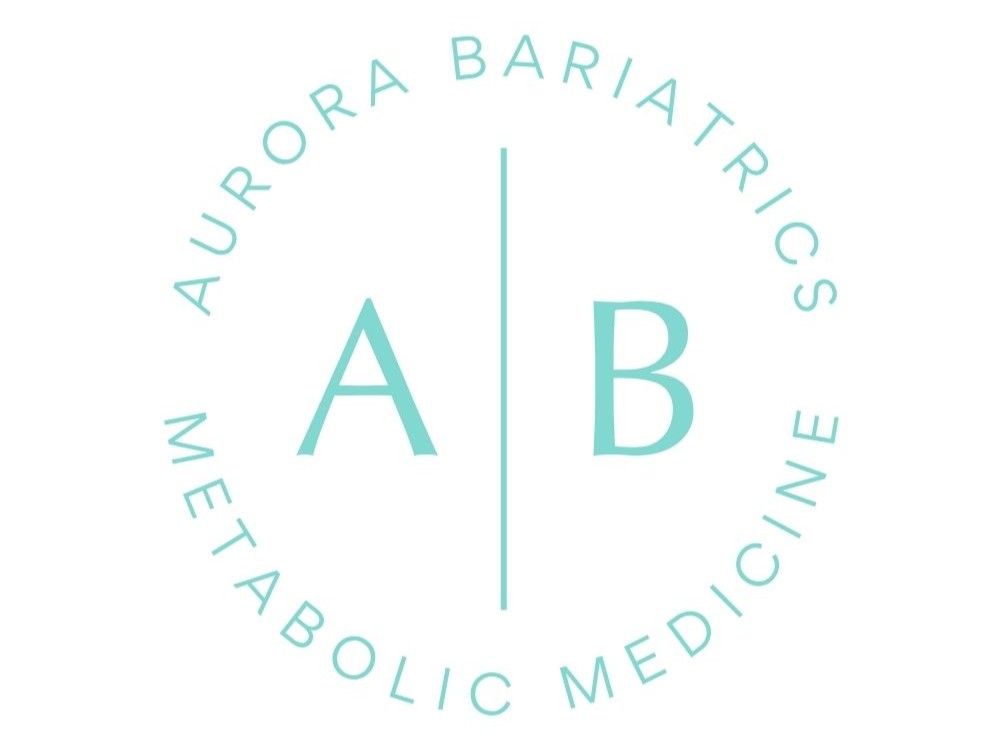Medical Weight Loss Program
Evidence-based, personalised support — with or without surgery
At Aurora Bariatrics, we understand that weight loss is not one-size-fits-all. For some people, bariatric surgery may not be the right first step — or it may not be appropriate at all. Others may benefit from extra support before surgery to improve safety, or after surgery to help maintain results and prevent weight regain.
That’s where our Medical Weight Loss Program comes in. Using proven, safe weight loss medications alongside holistic, multidisciplinary support, we help you lose weight, improve your health, and keep the results long term.

Why Choose Weight Loss Medication?
Our team may recommend medication if you:
- Are not eligible for surgery but want to lose weight
- Need to lose weight before surgery to reduce surgical risk
- Have experienced a weight loss plateau or regain after surgery
- Live with obesity-related conditions like type 2 diabetes, PCOS, or insulin resistance
- Want a non-surgical approach to managing appetite, cravings, and portion control
Whether you’re starting your journey, preparing for surgery, or needing help after surgery, medication can provide a safe, effective boost to your results.
How Weight Loss Medications Work
Modern weight loss medications target key biological pathways involved in appetite, satiety, and metabolism. Most patients are prescribed GLP-1 receptor agonists (e.g. semaglutide or tirzepatide), which:
- Reduce hunger and food noise
- Slow stomach emptying for longer fullness
- Improve blood sugar and insulin sensitivity
Other medications may be used based on your individual health profile and goals.
The Aurora Difference: More Than Just Medication
Unlike many clinics, Aurora Bariatrics takes a holistic, team-based approach. When you join our program, you’ll have access to a multidisciplinary team dedicated to your long-term success.
- You will see our Nurse Practitioner and if needed our Bariatric GP.
- You will also have access to our Accredited Dietitian and Psychologist if required for extra support.
This wrap-around care means you’re never alone in your journey — and your plan is adjusted as your needs evolve.
Benefits of Medical Weight Loss
Weight loss medications can support your health and wellbeing in several ways:
- Significant weight loss: Many patients lose 10–20% of their body weight with the right medication, diet, and support
- Improved metabolic health: Lower blood pressure, cholesterol, and blood sugar
- Non-surgical option: No hospital stay or recovery time required
- Post-surgery support: Helps manage appetite and maintain long-term weight loss
Is It Safe Long-Term?
All medications have potential risks. The most common side effects of weight loss medications include:
- Nausea
- Constipation or diarrhoea
- Fatigue
- Heartburn
These often settle over time as your body adjusts. More serious risks—such as gallstones or pancreatitis—are rare but will be monitored for by your healthcare team.
It’s important to know: Weight loss medication works while you’re on it. Once stopped, appetite may return and weight regain is possible. That’s why long-term support and follow-up are essential.
Our Program: How It Works
Step 1: Initial Assessment
- Review of your health, medical history, and previous weight loss attempts
- Blood tests to assess metabolic health, hormones, and vitamin levels that could be affecting your progress
- Discussion of medication options and lifestyle strategies
Step 2: Personalised Plan
- Together we'll select the right medication and assemble your ideal support team
- Weekly or daily injectables, oral medication, or combination therapy
- Tailored nutrition and activity advice is available if required
- Mental health and behavioural support where needed
Step 3: Kickstart & Support
- Begin your tailored treatment with the right medication with support from your dedicated team and in collaboration with your GP
- Regular check-ins to monitor progress and adjust doses
- We focus on optimising protein intake,
fat loss, muscle preservation, and metabolic health
Step 4: Goal Setting & Maintenance
- We help you set realistic, achievable goals and learn strategies to overcome challenges
- Transition to a maintenance plan that suits your lifestyle
- Ongoing access to your care team for continued success
Our Medical Weight Loss Program: Fees & Inclusions
At Aurora Bariatrics, we aim to keep things simple. Our medical weight loss program offers expert care with no subscriptions, no contracts, and full fee transparency — so you know exactly what to expect.
What Does It Cost?
All appointments are delivered via Telehealth for convenience, and are Medicare-rebatable.
Initial Consultation (40 minutes)
- Fee: $135
- Medicare Rebate: $73.80
- Out-of-pocket cost: $61.20
This appointment includes:
- A full health and medication review
- A tailored weight loss treatment plan
- Education on medication options and lifestyle support
Follow-Up Appointments (20 minutes)
- Fee: $70
- Medicare Rebate: $50.05
- Out-of-pocket cost: $19.95
Follow-ups include:
- Ongoing progress monitoring
- Medication adjustments
- Support with nutrition, activity, and side effects
No Subscriptions. No Lock-In Contracts.
We don’t believe in tying you down. You pay per consult — that’s it. There are no monthly fees, no membership costs, and no auto-renewals.
You’re in full control of how often you check in with us.
We tailor your plan to your needs—whether you’re starting your weight loss journey, preparing for surgery, or needing help after surgery.
FAQs: Medication for Weight Loss
About Medication
What types of medications are used for weight loss surgery?
We prescribe a range of medications tailored to your individual health profile. These may include GLP-1 receptor agonists (such as semaglutide), appetite suppressants, or medications that influence metabolism, hormones, or fat absorption. Your treatment will be based on your medical history, preferences, and weight loss goals.
Why would someone choose medication instead of surgery?
Medication can be a great alternative to surgery for those who:
- Don’t qualify for surgery based on BMI or health criteria
- Prefer a non-invasive option
- Are preparing for future surgery and need to reduce weight first
- Have personal or medical reasons that make surgery unsuitable
While medication generally results in less weight loss than surgery, it offers a lower-risk, flexible starting point for many patients.
Are the medications for short -term of life-term use?
Evidence shows that medications work while you're on them, and weight is often regained after stopping.
Once on a maintenance dose, long-term use is generally required, with regular monitoring to ensure safety and effectiveness.
Results & Expectations
How quickly will I see results?
Some people notice changes within a few weeks, while others take longer. Steady, sustainable weight loss is typical. Consistency with medication, diet, and lifestyle changes will lead to the best outcomes.
What kind of weight loss can I expect?
Weight loss medications can lead to a range of weight loss, typically 5% to 20% of excess body weight, when combined with lifestyle changes. The exact percentage varies depending on the specific medication, individual factors, and adherence to lifestyle modifications.
Safety & Suitability
Will I experience side effects?
Side effects like nausea, constipation, and fatigue can occur, especially during the first few weeks. These typically ease as your body adjusts. Your clinician will monitor and adjust your plan to minimise discomfort.
Is medication safe if I have other health conditions?
Yes, but your clinician will take your full medical history into account when prescribing. Many weight loss medications can even improve conditions like diabetes or high blood pressure.
Support & Follow-Up
How often will I need follow-up appointments?
Initially, although entirely up to you, we recommend having appointments every few weeks, tapering off as your treatment stabilises. These reviews help us monitor progress, adjust medications, and support your long-term goals. You also have access to our dietitian, psychologist and bariatric GPs if needed to help support you to reach your goal.
Can I still see my GP while doing the program?
Absolutely. We encourage shared care with your GP. They play an important role in your overall health and are part of your support team.
Is Medical Weight Loss Right for You?
If you’re not ready for surgery, want help before or after a procedure, or are looking for a sustainable, medically supervised way to manage your weight — our medication program could help.
Take the first step by booking your initial consultation. Our team is here to support you with expert advice, compassionate care, and evidence-based treatments.


